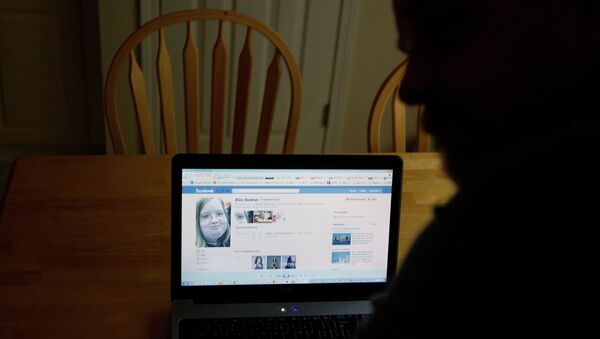“This project aims to define new approaches for automatic detection of cyberbullying by integrating the relevant research in social sciences and computer science,” the grant reads.
According to the NSF, cyberbullying has become a “critical social problem, with over 40% of teenagers in the US having reported being cyberbullied,” leading many to psychiatric and psychosomatic disorders.
The idea is that the system will to search for keywords as well as study the social relationships between teenagers who send and receive mean messages.
The program also aims at “employing social intervention mechanisms” that help prevent future cyberbullying activities.
Data on cyberbullying will also “be made available to the larger research community,” according to the grant.
The project will start in July and is set to last for two years, with the goal of improving cyberbullying detectors.
“By analyzing the social relationship graph between users and deriving features such as number of friends, network embeddedness, and relationship centrality, the project will validate (and potentially refine) multiple theories in social science literature and assimilate those findings to create better cyberbullying detectors,” the grant said.
“The project will yield new, comprehensive models and algorithms that can be used for cyberbullying detection in automated settings.”
Assistant Professor Vivek K. Singh of Rutgers’ School of Communication and Information, who has done research on Twitter hashtags, will be leading the project.
The Obama administration has made tackling cyberbullying a priority, and so has the Department of Health and Human Services (HHS), which runs a website to stop cyberbullying that encourages reporting mean online behavior to the police.



